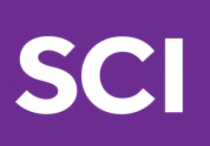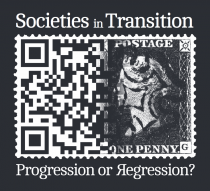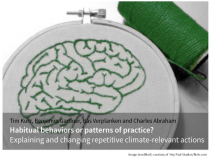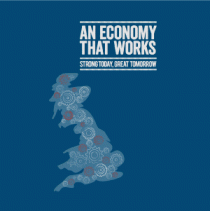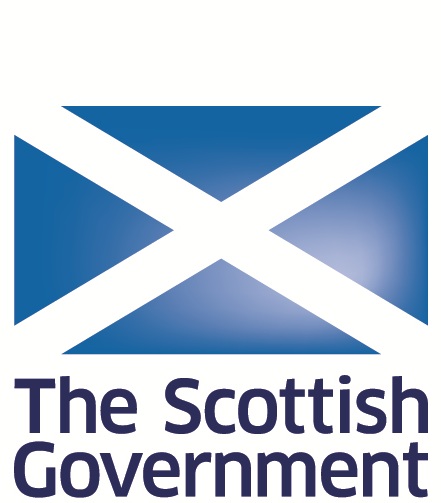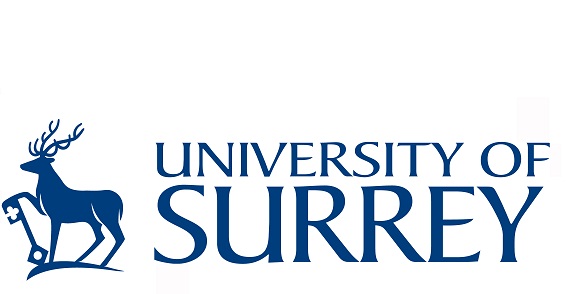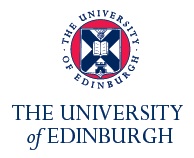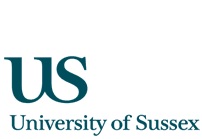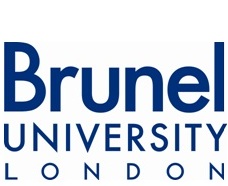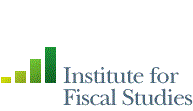- About
- Team
- Projects
- Children and the Environment
- ELiCiT (Exploring lifestyle changes in transition)
- Foundations for Sustainable Living
- HABITs
- Mapping Rebound Effects
- PASSAGE (Prosperity and Sustainability in the Green Economy)
- Policy Dialogue
- Price Responsiveness of Demand in Energy
- Resilience and Sustainable Lifestyles
- Sustainability Transitions in Food Systems
- Sustainable Living in Remote Rural Scotland
- Publications
- News
- Events
Foundations for an ecological macro-economics
New background paper for WWWforEurope project by Tim Jackson et al, 31 July 2014
This milestone provides a broad overview of model development under Work Package 205 of the WWWforEurope project. It describes briefly the challenge of modelling combined economic, ecological and financial systems and sets out a series of objectives for modelling the socio-economic transition towards sustainability.
It highlights modelling needs in relation to full employment, financial stability, and social equity under conditions of constrained resource consumption and ecological limits. The paper also provides a broad overview of the literatures relevant to the task in hand. It then describes two separate modelling approaches, developed by two different teams within WWWforEurope. One of these approaches, led by WIFO, uses a Dynamic New Keynesian (DYNK) model to explore the implications of different long - run equilibrium paths for energy consumption. The other approach, led by Surrey in collaboration with York University , is motivated primarily by the desire to integrate a comprehensive model of the financial economy into a model of a (resource and emission - constrained) real economy. This paper sets out the overarching structure of each of these approaches. It discusses the similarities and differences between the two approaches and makes some proposals for the management of subsequent milestones in relation to WP 205.
Authors are: Tim Jackson, Ben Drake (University of Surrey), Peter Victor (York University), Kurt Kratena and Mark Sommer (Austrian Institute of Economic Research (WIFO)
About
What kind of development strategy should Europe opt for in the face of the financial crisis and the big challenges ahead: globalisation, demographic shifts, climate change and new technologies? What kind of strategy will guarantee Welfare, Wealth and Work for Europe in the long term? These are essential questions for Europe’s future. These are the questions this ambitious European research project is working on. Its name is its mission: Welfare, Wealth and Work for Europe – WWWforEurope.
Related links
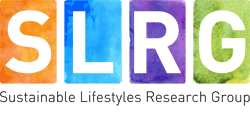
 Download the paper here
Download the paper here